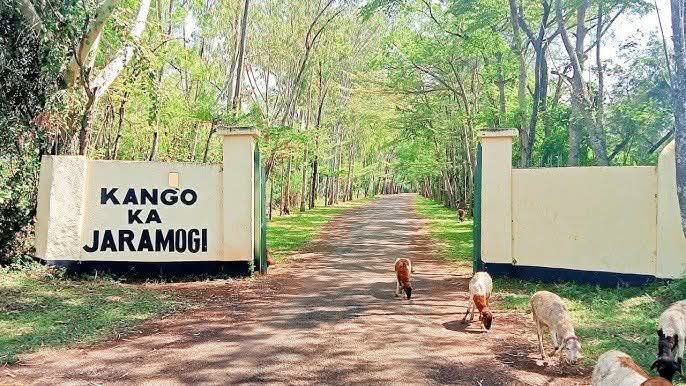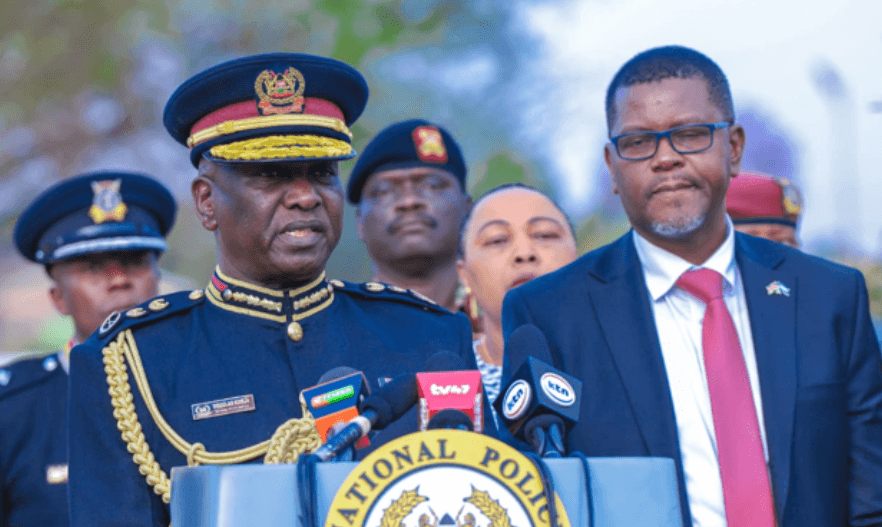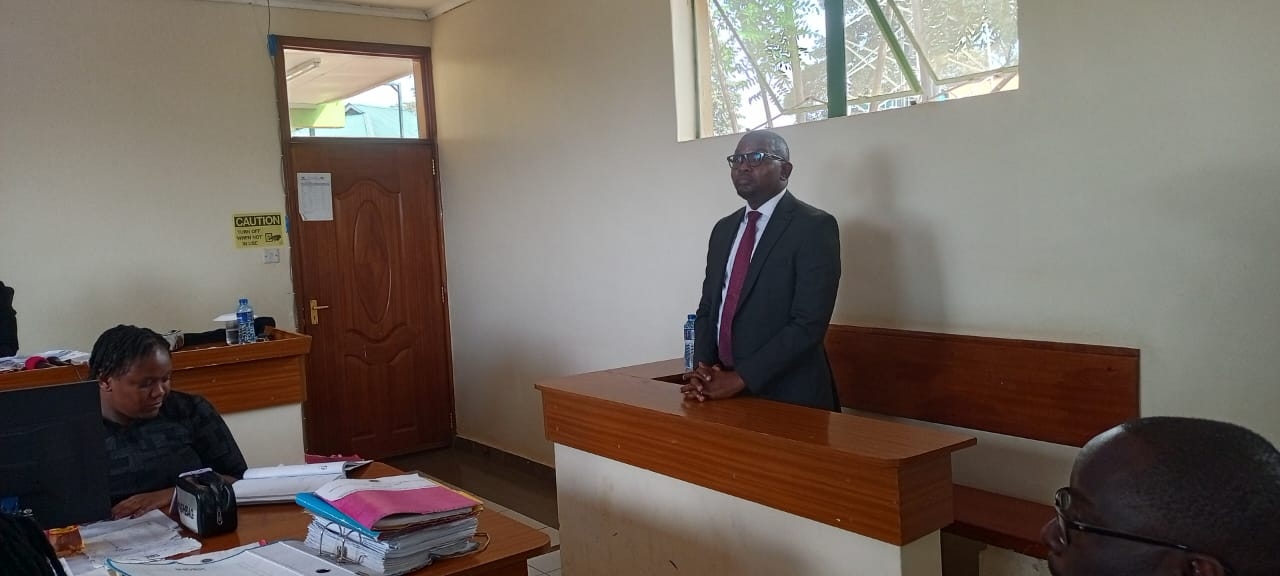NGOs in Garissa county have joined hands to provide food and water to immigrants from Wajir and Mandera.
Despite the start of the long rainy season in parts of the country, the drought is still ravaging the north.
The desperate situation has forced pastoralists from Wajir and Mandera to walk hundreds of kilometres to Garissa to escape its ravages.
Abdisalam Sheikh, chairman of Al Ihsan Peace and Development, speaking on behalf of his colleagues, thanked the NGOs for their assistance to the internally displaced persons.
“The people in El-Adhe still lack basic needs and thus I plead with the government and donors to help provide food and water to our brothers here,” Sheikh said.
NGOs Coordination Board regional manager Joseph Mutemi called on the organisations to continue providing relief food and cash transfers.
Garissa Gender CEC Hawa Abdisahal urged the national government, donors and Muslim well-wishers to help, saying women and children have been hard hit.
“These are our brothers and sisters from Wajir who need our help in terms of food and water to survive. As a county government, we have welcomed them and we will help them where we can,” Hawa said.
“We want to also ask the national government through the State Department for Arid and Semi-Arid Lands to see how they can help these people even as the holy month of Ramadan approaches.”
The National Drought Management Authority in its March report says that 500,000 people are food insecure in Garissa.
The number has increased from 350,000 in December which was announced by the Kenya Red Cross.
Ambia Hassan, a resident of Wajir and one of the beneficiaries called for more assistance saying the number of those in need of help was growing with each day.
She said the drought-induced migration left them without livelihoods.
“Most of our livestock died on the way and we thus have no source of food or income. We are requesting the county and national government to come and help us as even our children cannot attend school hungry,” she said.
Two weeks ago, Garissa Governor Nathif Jama called on President William Ruto to personally visit ASAL counties to see first-hand the situation on the ground.
Jama, who also doubles as the chairperson of ASAL counties in the Council of Governors, asked Ruto to declare the drought a national disaster.
He spoke at Garissa Farmers Training Institute during the launch of drought response initiatives.
Counties on the alarm phase include Isiolo, Kajiado, Kilifi, Kitui, Mandera, Marsabit, Samburu, Turkana and Wajir.
Baringo, Garissa, Kwale, Laikipia, Lamu, Makueni, Meru, Narok, Nyeri, Taita Taveta, Tana River, Tharaka Nithi and West Pokot are in alert drought phase.













